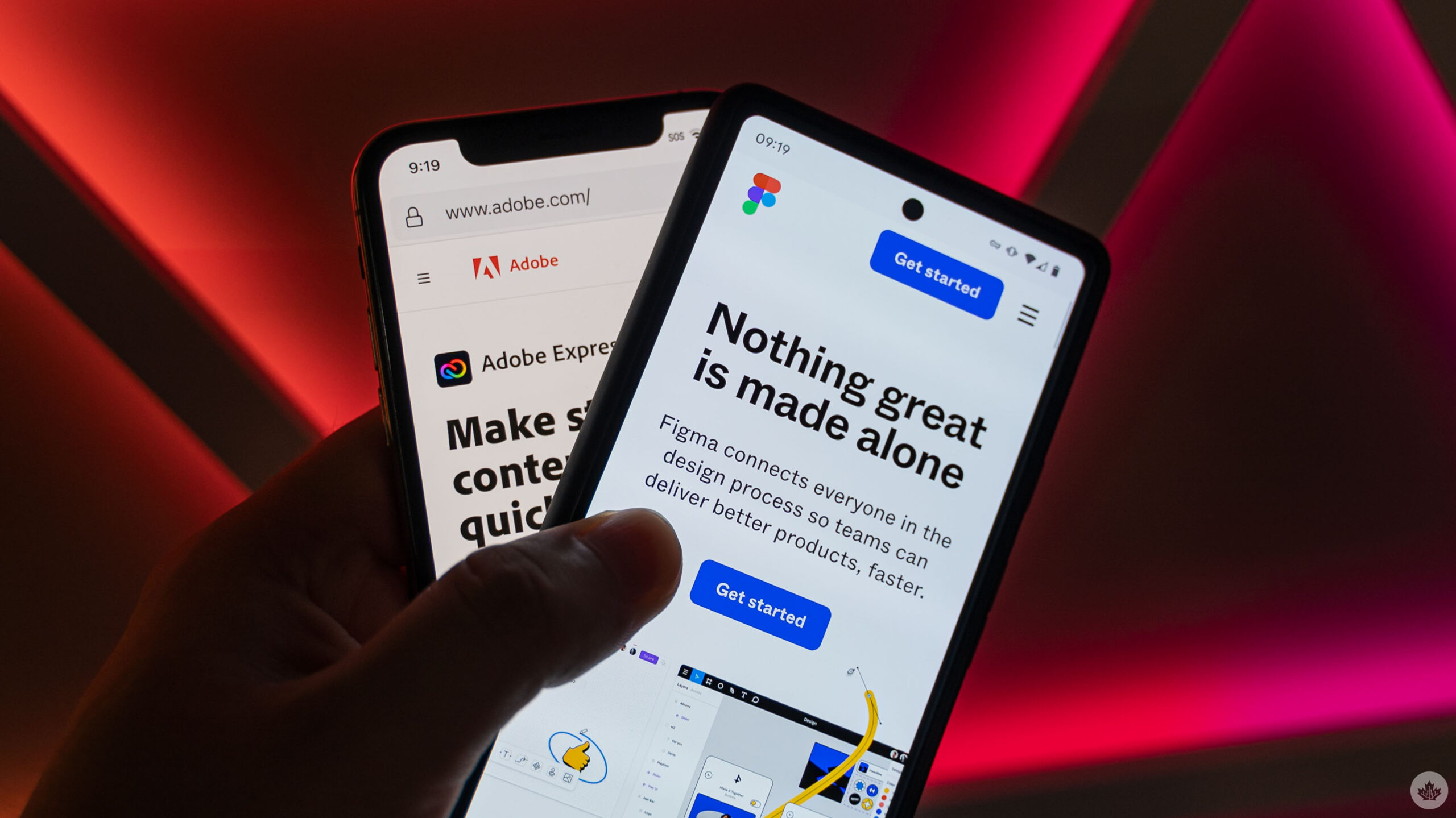Yesterday, American multinational computer software Adobe announced that it will acquire the design startup Figma for $20 billion, taking out one of its biggest rivals in the digital design space.
Figma CEO, Dylan Field, said in his announcement that “With Adobe’s amazing innovation and expertise, especially in 3D, video, vector, imaging and fonts, we can further reimagine end-to-end product design in the browser while building new tools and spaces to empower customers to design products faster and more easily.”
“Recognising that we are in an unpredictable, inflationary environment, we currently have no plan to change Figma’s pricing. All of Figma will continue to be free for education,” he added.
The $20 billion acquisition price represents a sizable leap for Figma, which was valued at just over $2 billion in 2020 and last valued at $10 billion in June 2021 during the startup’s $200 million in a Series E funding round.
Figma’s growing legacy is questioned
For some African designers, Adobe has always been notorious for having some cavalier approaches towards their ‘users’ whereas Figma has always been particularly customer-centric. Fungi Dube, a Zimbabwean brand and webflow web designer with 7 years of design experience, is one of them and she is anxious about Figma’s continued accessibility, endearing community feature and costing.
Despite Adobe products—Adobe Illustrator in particular—being instrumental to her day-to-day work, she said that “Figma has excelled in prioritising designers and their needs. It has also been instrumental providing an open-learning platform where many designers today have had the opportunity to get their foot in the door, and I sadly cannot say the same for Adobe. My anxiety lies in how attentive they will be to designer needs as they rollout new features and whether designers will not be met with so many other paywalls! You know, the fear really is that Adobe will, Adobe!“
Others, like the Nigerian product designer Robiu Adufe, believes that an opportunity to integrate some of Adobe’s feature is a welcome development. Yet, Adufe is sceptical about Figma’s ability to maintain the loyalty it had built and maintained over the years, especially through its freemium plan and collaborative feature.
“It will make it difficult for a lot of people starting out in the UX design field to afford [if the freemium plan is ended] and it is very difficult to crack a web application,” he told TechCabal.
Let’s Rewind a Bit
Launched in 2016, Dylan Field and Evan Wallace started Figma to challenge Adobe’s PhotoShop. The startup was created with the mission to enable “anyone [to] be creative by creating free, simple, creative tools in a browser.”
Later that year Adobe released a beta of Adobe XD, its new interface design and prototyping tool, for Windows 10. This was in response to the rising popularity of Sketch, a user interface (UI) and user experience (UX) tool released by Sketch B.V. in 2010.
Over the next three years, the Figma raised $65 million in additional funding and refined its product as it battled with Sketch, Adobe XD and Invision studio. With Figma experiencing an explosion of growth and popularity, it replaced siloed, asynchronous, file-based designing experience with a real-time, collaborative, whiteboard-like experience.
Its freemium model and short customer onboarding cycle also contributed to Figma’s appeal to designers.
In 2019, Figma launched Figma Community, allowing designers to publish their work for others to view and adapt. Two years later, the company launched a digital whiteboarding capability called FigJam, allowing users to collaborate with sticky notes, emojis and drawing tools.
It’s not clear what will become of AdobeXD, Figma’s competitor, when the deal closes. Adobe shared that the acquisition is in the form of half-cash and half-stock deal, which will also include 6 million additional restricted stock units granted to Figma’s CEO and employees that will vest over four years subsequent to closing.
The deal is expected to close in 2023, “subject to the receipt of required regulatory clearances and approvals and the satisfaction of other closing conditions, including the approval of Figma’s stockholders.”
Bracing up for change
A popular concern among African designers is the cost of having to adapt to a different design tool. Nigerian product designer, Funmilola Usman, has two years of design experience and does her day-to-day work on Figma. With the announcement, she now worries that the acquisition would bring changes to Figma’s software that she would need to learn afresh. “I can’t remember the last time I used any Adobe software to design. I do basically everything on Figma. Everything I need to do, whether designing social media posters or UI design, I do it there,” Usman told TechCabal. “For me the huge change that I feel is coming is the learning curve that I need to go through.”
But it is not all pessimism from the designers. The Zimbabwean Fungi Dube has mixed emotions about the news. Despite her concerns, she acknowledges that Adobe’s vast resources and expertise could help create a more powerful integrated system that pushes the boundaries of what designers can do.
“Someone made reference to how cool it would be, for instance, if brand designers could collaborate in Figma with the vector-based application and ease of Illustrator; and I concur–because that would be an absolute banger of a feature!” she said excitedly.
Dube explained that the development of new design tools and features is constant and what matters to her is that she is able to access them and design.
“Change is uncomfortably scary. My only hope is that Figma will remain truly autonomous whilst bringing in some of the capabilities that Adobe has and that hopefully [Figma] influences Adobe’s community and customer experience culture for the better,” she concluded.
On Friday, the 23rd of September, TechCabal in partnership with Moniepoint (by TeamApt) will host the most important players in tech and business on and off the continent to discuss the future of commerce in Africa. Register now to attend.
























